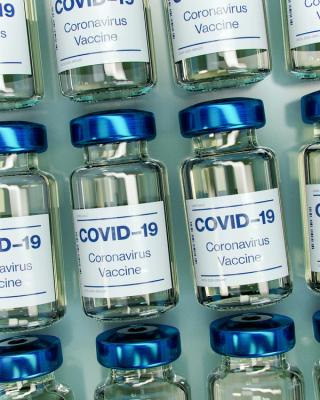
Prevention
Latest News
Latest Videos
More News

Karen Hoffmann, MS, RN, CIC, FSHEA, FAPIC, will be honored with the Carole DeMille Achievement Award during the 2023 APIC conference in Orlando, Florida, held June 26 to 28, 2023. She also discusses the poster she will be presenting.

As more and more residents in long-term care facilities get Candida auris, infection preventionists must know how to prevent, prepare for, and control a C auris outbreak. An expert explains how.

Rates of health care-associated infections rose during the COVID-19 pandemic. Investigators have found that often the infections came from the patients themselves. But how?

Increasing Infection Prevention in the Navajo Nation With UV-C Robots
Because of the COVID-19 pandemic, the infection prevention field had to think outside the box they were used to. The Navajo Nation was no different. Outside their box, they found UV-C robots.

Special Report on Candida auris: An Emerging Drug-Resistant Fungal Threat
The recent increase in drug-resistant strains of Candida auris, causing mortality at rates as high as 60%, raises questions regarding the spread of this pathogen as a health care-associated infection, cleaning/disinfecting protocol, and treatment via antifungal drugs.

SSI surveillance tracks infections that occur after surgery in the area where it was performed. How can facilities help prevent these infections?
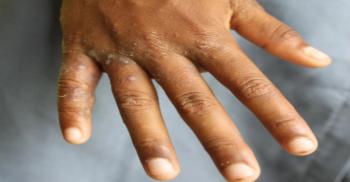
Delving into the Scabies Outbreak Within an Inpatient Rehabilitation Setting
An outbreak investigation in the American Journal of Infection Control reviews the infection control procedures implemented by an academic medical center in response to a patient's introduction of scabies to health care workers.

Reducing Microbial Contamination in Tattoo Inks: FDA Issues Draft Guideline
The FDA released a draft guideline for creating and distributing tattoo inks to prevent microorganisms from tainting the inks and causing severe infections. They are asking for input.

Investigators studied the risk factors for surgical site infections after abdominal hysterectomy procedures using NHSN data and diagnosis codes from administrative data.
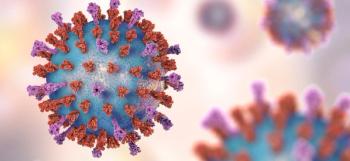
Although older adults have 2 vaccines, this would be the first vaccine or antiviral option for infants.

What is the CDC's Antimicrobial Resistance Funding map? A key opinion leader explains.
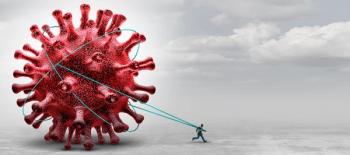
Listen to how a doctor in rehabilitation who works with patients with brain and neurologic injuries is now working with patients with long COVID.

COVID-19, schools, and children are sensitive topics. Some worry about transmission in schools, while others don't see it as a concern. Which is it?

Parenterally Transmitted Hepatitis From Invasive Procedures
A recent study published in the Journal of Hepatology aimed to determine the likelihood of parenterally transmitted hepatitis after invasive medical procedures in Italy.
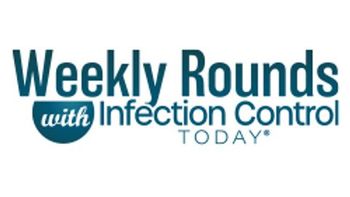
Weekly Rounds: Antibiotics Duration, Surgical Attire Policy, and Human Metapneumovirus, and More
Take 5 minutes to catch up on Infection Control Today®’s highlights for the week ending June 4, 2023.

The FDA's decision to approve Abrysvo was based on data from a Phase 3 clinical trial, RENOIR, demonstrating the RSV vaccine's efficacy, immunogenicity, and safety in adults 60 and older.

The future infection prevention and control pathway is inclusive and invites master of public health graduates and other degrees besides nursing to enter this evolving field.

Surgical Attire: Policy Development Resources
Human bodies, especially surgical personnel's hair, scalp, and skin, are a major source of bacterial contamination in the surgical environment and a major cause of SSIs. Yet, not it hasn't always been a consideration.

The Duration of Antibiotics: Why Short Is Good in the Long Run
Is it truly beneficial to prescribe longer courses of antibiotics?

Exploring the Environmental Impact of Antibiotic Overuse
Antibiotics no longer work against many infections due to MDROs, causing more illness and death. What is antimicrobial resistance (AMR) doing to the environment?

The Advantages and Disadvantages of Using a Hand Hygiene Monitoring System
Hand hygiene requirements for inpatient health care are numerous and varied. An electronic system to help monitor adherence with some indications benefits the hospital, although it may also introduce some drawbacks.

Trade name Xacduro is an antibiotic meant to treat hospital-acquired bacterial pneumonia (HABP) and ventilator-associated bacterial pneumonia (VABP) caused by Acinetobacter baumannii.

Off-site sterilization frees up hospital space for patient care, improving hospital return on investment. This article explains why and how to go about setting up the service.
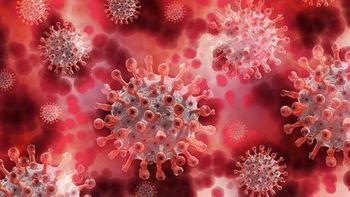
Endemic SARS-CoV-2 Demonstrating Workforce/Health Consequences
The rate of unemployment, long COVID, and immune system issues are still causing problems globally.

Two Cases of Legionnaires’ Disease Linked to Public Gym in Illinois
Legionnaires’ disease is a severe infection and fatal in 10% of cases.








